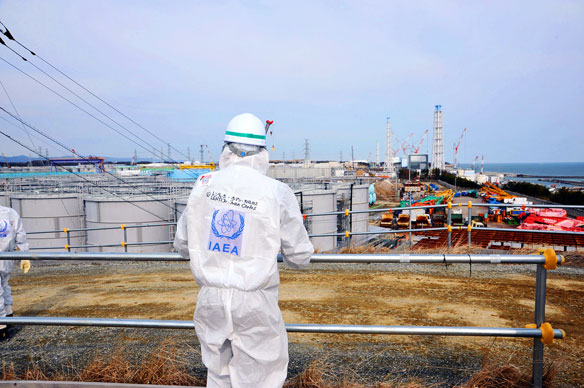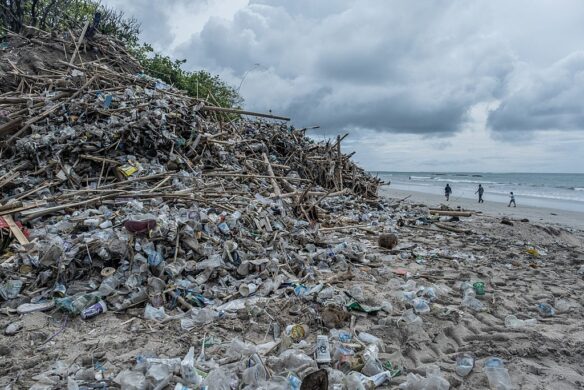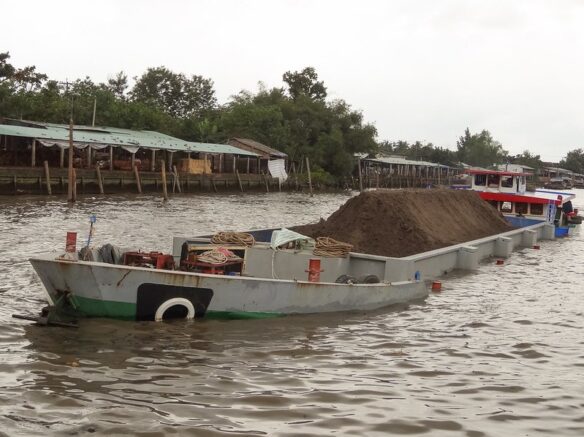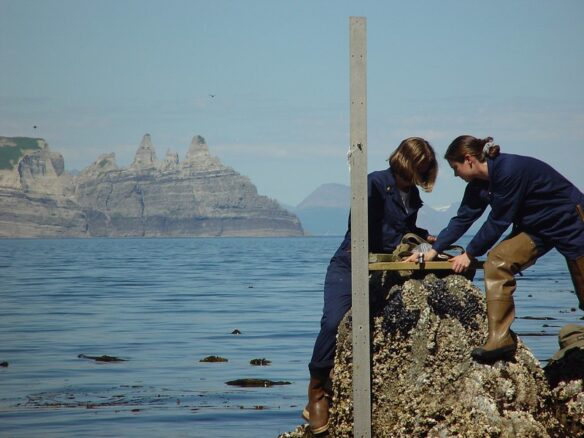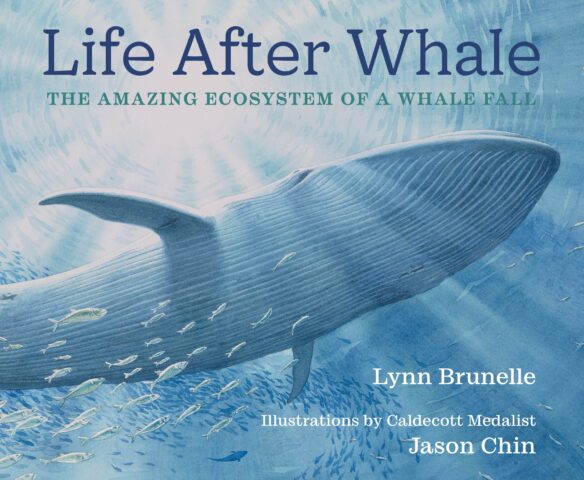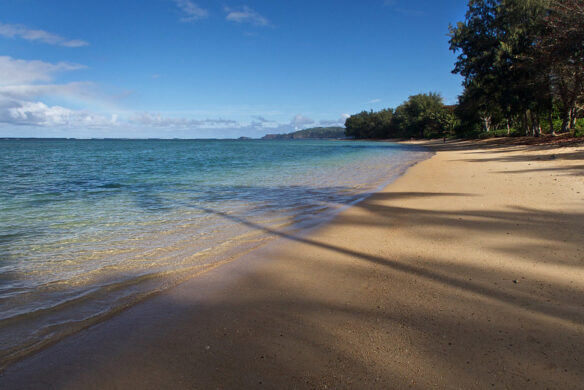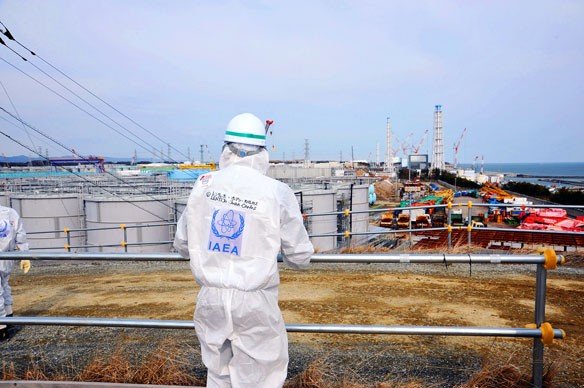
Decommission of the damaged Fukushima Daiichi Nuclear Power Station, February, 2015. Captions and Photo source: ©© IAEA Imagebank
Excerpts;
Nearly 10 years after the Tohoku-oki earthquake and tsunami devastated Japan’s Fukushima Dai-ichi Nuclear Power Plant and triggered an unprecedented release radioactivity into the ocean, radiation levels have fallen to safe levels in all but the waters closest to the shuttered power plant.
Today, fish and other seafood caught in waters beyond all but a limited region have been found to be well within Japan’s strict limits for radioactive contamination, but a new hazard exists and is growing every day in the number of storage tanks on land surrounding the power plant that hold contaminated wastewater.
An article published August 8 in the journal Science takes a look at some of the many radioactive elements contained in the tanks and suggests that more needs to be done to understand the potential risks of releasing wastewater from the tanks into the ocean…
Read Full Article, PhysOrg (08-06-2020)
Fukushima: How the ocean became a dumping ground for radioactive waste; DW (03-11-2020)

